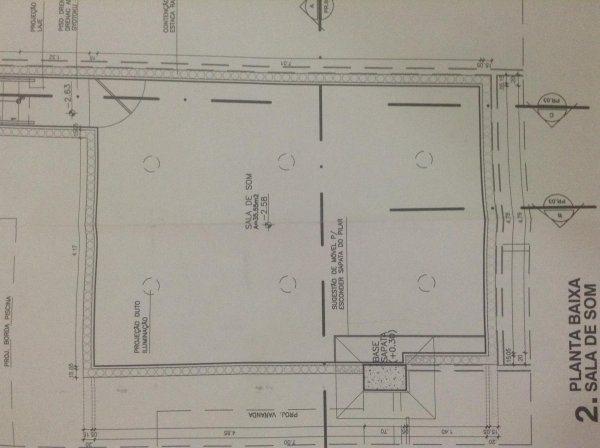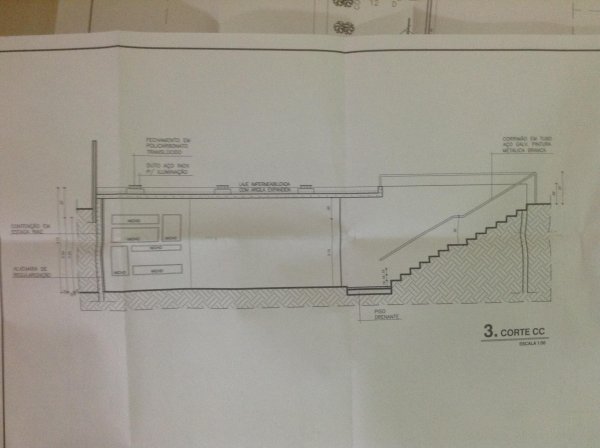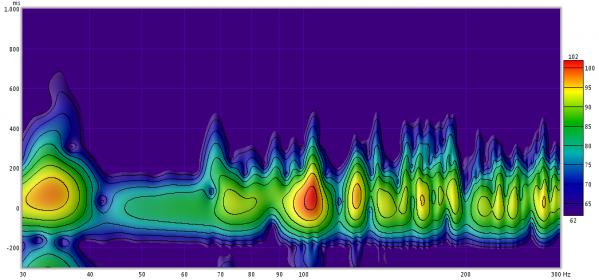Gentlemen,
I will build maybe this year a new 2ch room in my house. It will have 35 sqm, more than the 14 sqm I have now. The dimensions are 5m x 7m x 2.75m.
Due to construction rules and land ocupation in my Condo, I will have to build it underground. In fact, as you can see in the architecture pictures I will post, from the total high of 2.75m, 0.60 m will be out of the ground level.
The idea is to build a set of reinfirced concrete screwpiles around the perimeter of the room. Each screwpile will have about 4m and they all togheter will allow the escavation of the room. As the screwpiles are concrete reinforced, the idea is to work inside to level the wall and use it as the room wall.
I am not really worry about the engeineering process, this I can handle as I am civil engineer.
My concerns are about electrical instalation and room acoustics.
I will have an acoustic engineer helping me with a first acoustic treatment. But I know that it will be modified after the room is ready.
Please, advices! Thank you.
I will build maybe this year a new 2ch room in my house. It will have 35 sqm, more than the 14 sqm I have now. The dimensions are 5m x 7m x 2.75m.
Due to construction rules and land ocupation in my Condo, I will have to build it underground. In fact, as you can see in the architecture pictures I will post, from the total high of 2.75m, 0.60 m will be out of the ground level.
The idea is to build a set of reinfirced concrete screwpiles around the perimeter of the room. Each screwpile will have about 4m and they all togheter will allow the escavation of the room. As the screwpiles are concrete reinforced, the idea is to work inside to level the wall and use it as the room wall.
I am not really worry about the engeineering process, this I can handle as I am civil engineer.
My concerns are about electrical instalation and room acoustics.
I will have an acoustic engineer helping me with a first acoustic treatment. But I know that it will be modified after the room is ready.
Please, advices! Thank you.



















